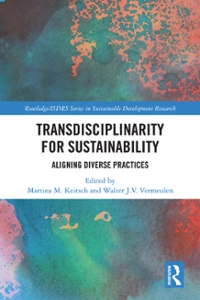Question
Mr. Arbor, who lives an organic life close to nature, has planted beautiful redwood trees on his property; they grow to be 200 feet tall.
Mr. Arbor, who lives an organic life close to nature, has planted beautiful redwood trees on his property; they grow to be 200 feet tall. The beauty of the trees is worth $500 in monthly surplus to him. Next door to Mr. Arbor is Mr. Green, who has installed solar panels on his house, to save money and be ecologically sensitive. Because Mr. Arbor's trees are so tall, they keep Mr. Green's solar panels in the shade for 40% of the day. As a result, Mr. Green generates $300 less electricity each month. Mr. Green sues Mr. Arbor, asking the court to give him the right to have Mr. Green's trees cut down.
5. If there are no transactions costs, and Mr. Green wins in court the right to have unimpeded sunshine on his solar panels, will Mr. Arbor end up cutting down his trees?
a) No, it is socially efficient to leave the trees standing.
b) No, even though it is not socially efficient to leave the trees standing.
c) Yes, it is socially efficient to cut down the trees.
d) Yes, even though it is not socially efficient to cut down the trees.
e) Not enough information.
6. If there are no transactions costs, and Mr. Arbor wins in court the right to keep his trees, will Mr. Arbor end up cutting the trees down?
a) No, it is socially efficient to leave the trees standing.
b) No, even though it is not socially efficient to leave the trees standing.
c) Yes, it is socially efficient to cut down the trees.
d) Yes, even though it is not socially efficient to cut down the trees.
e) Not enough information.
7. The only way Green and Arbor can negotiate any post-court agreements is through a lawyer, who charges them each $150 for dispute resolution. If the judge cares about the efficiency of the outcome, how should he rule in this case?
a) in favor of Arbor
b) in favor of Green
c) it does not matter how he rules, the socially efficient outcome will occur in any event
d) it does not matter how he rules, the socially inefficient outcome will occur in any event
Step by Step Solution
There are 3 Steps involved in it
Step: 1

Get Instant Access to Expert-Tailored Solutions
See step-by-step solutions with expert insights and AI powered tools for academic success
Step: 2

Step: 3

Ace Your Homework with AI
Get the answers you need in no time with our AI-driven, step-by-step assistance
Get Started


